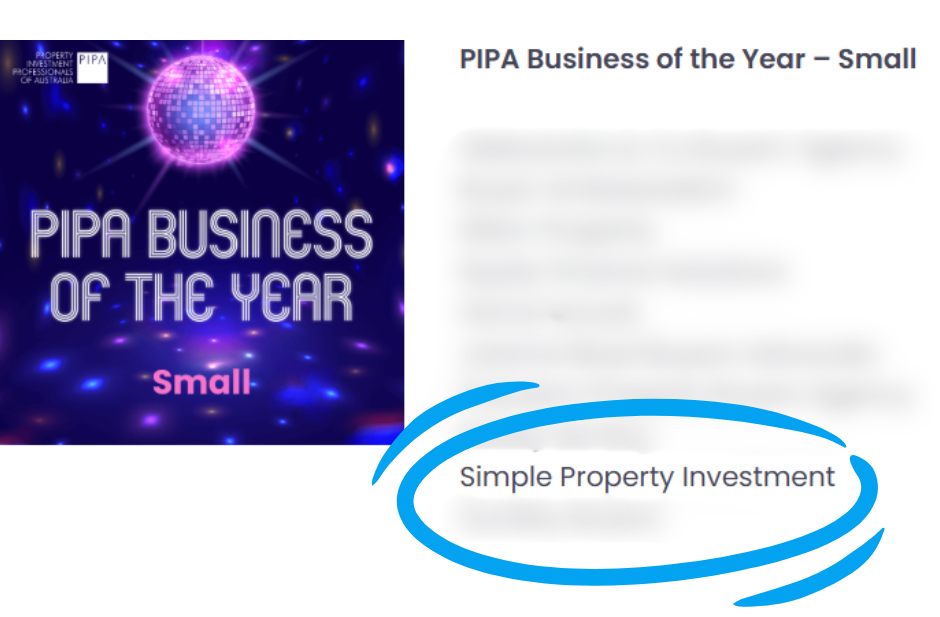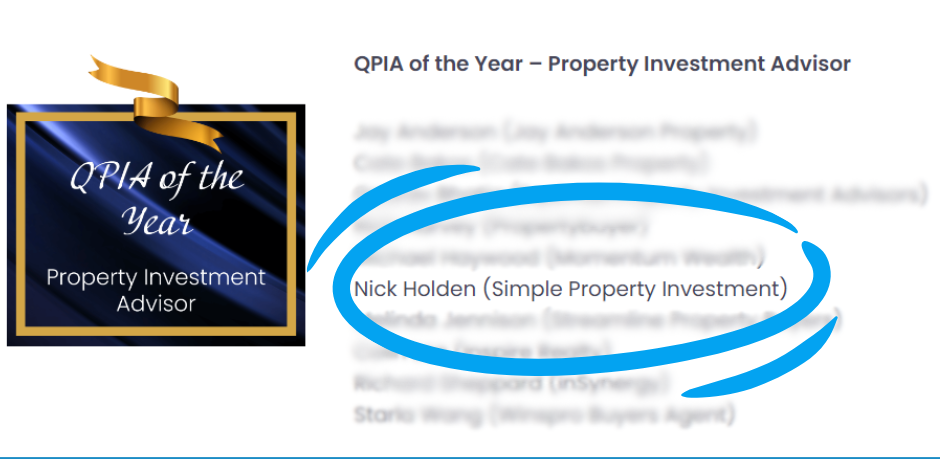It can be tempting to manage your own investment property. After all, how hard can it really be? Find out what vital areas you’ll need to tackle when self managing your investment property. And whether you can really do without a property manager.
Why not?
…you ask. It sounds simple enough:
You’re great with paperwork.
A good judge of character.
And it could save you a few thousand dollars.
So why not self manage your investment property?
Need to know
Paperwork
There’s a mountain of legislation governing this industry. Miss the fine print and you’ll get more than a rap on the knuckles. A tiny ripple of change can create a tidal wave, that can quickly – and very expensively – pull you under if you don’t keep on top of it all.
Insurance
Make sure you have the right insurance to cover your losses if your tenant takes off – or takes a sledgehammer to your property – so you can’t lease it out after they’ve left. It’s vital that you know the difference between normal wear and tear, and accidental damage when self managing your investment property.
Tenants
Tenants have a lot of rights and aren’t afraid to exercise them. Unfortunately, there are some out there that know exactly how to take advantage of these rules and regulations even if you’ve made a genuine, honest error.
If a dispute arises with your tenants and there is a need to go to the tribunal, you need to be prepared. Ideally you’d want someone experienced to handle this. As much as you would like to avoid disputes, it does happen.
Time
Regular inspections are necessary to keep an eye on the state of your property, and resolve tenant issues. You’ll be involved in notifying tenants of any visits, to following up with any maintenance issues that arise from an inspection.
Emergencies can happen when you’re away on holidays with your family, enjoying Christmas lunch – or even while you’re soundly asleep at 3am. You’ll be expected to drop everything to attend to the broken plumbing or leaking roof asap.
Paperwork and staying up to date with legislation may take up a lot of your time. You have to evaluate whether it is cost effective.
Money
Shortcuts with rental agreements, sourcing the wrong tradie, ignoring property management procedures, choosing the wrong tenant because your mum recommended him – like tiny holes in the great Titanic, they’ll catch you unaware while slowly sinking your returns.
Undercharging or overcharging on rent is very common with landlords who often don’t know the true market rent. Whether you undercharge on a 12 month lease or your property is vacant too long from excessive rent, your potential loss of income can quickly add up.
Emotions
Property investing is a business and dealing with tenants should be treated as such. A good property manager will not let emotions influence their decision making or processes.
I, on the other hand, am a big softy, so if I was self managing an investment property and the tenant gave me a hard luck story on why they can’t pay rent for a month, I would be compassionate to their situation. Even if it was to my disadvantage.
Not only can this be taken advantage of, it may also void your landlord’s protection insurance. A double whammy.
So what’s the alternative to self managing your investment property?
A property manager.
An experienced property manager is worth their weight in gold.
A reputable property manager should be an integral member of your property investment team, in my opinion.
SMH Money reports that the 3 most common mistakes when self managing your investment property are:
- Failure to keep up with paperwork
- Taking shortcuts with rental agreements
- Putting up rent too much.
A good property manager will avoid all these mistakes.
They’re sticklers with legislation.
Machines with paperwork.
They command mate’s rates (or close to it) – and better workmanship – from tradies.
They know the true market rent.
…And their skills, services, and experience are tax deductible!
All so you can:
- Make better use of your time
- Avoid the stress and hassles
- Enjoy peace of mind knowing it’s all well taken care of
- Choose the best properties in Australia – so you’re not limited to local properties
A good property manager is an important part of the formula for property investment success. They can help you build up your cashflow and portfolio much faster than you could do if you’re self managing your investment property.
But how exactly do you find – and hold onto – a good property manager?
Tips to find – and keep – a good property manager
1. Don’t haggle over a percent or two
Pay a good property manager what they deserve. Make sure you and your property are a priority to them.
If they have 4 properties to rent out at the same time, that are similar, who do you think they are going to favour in renting first? You only need one week’s extra rent and you are in front of any discount, particularly as property management is a tax deductible expense.
2. Stand out from the crowd
If you are settling on a property such as a new townhouse or apartment at the same time as multiple others, make an offer to attract your first tenant quickly such as half price rent for the first month.
Then have your property manager negotiate a lease that isn’t a standard 6 or 12 month lease so that it breaks away from the cycle that the others will be on. Maybe look at a 10 month lease which coincides with a favourable letting season for the area.
3. Choose a rental specialist
Don’t choose a real estate agency for rental property if it’s just a tack-on to their selling business. Either look at organisations that do property management only – or those agencies that put a strong emphasis on this part of their business.
4. Find out how they market their currently available properties
Do they use professional photos? This is an absolute must. It will cost you a little extra initially – but from our experience it will be worth every cent. You’ll only have to do this every few years. It will average out very reasonably over this period – and will attract maximum potential.
5. What if my properties are interstate?
Successful investors diversify their portfolios which often means having properties interstate. In my opinion, it is imperative to have a local property manager look after your investment.
They need to be able to do regular inspections and be on hand if anything should be attended to. They are your eyes and ears which allows you to relax, set and forget. As your portfolio grows you will appreciate this more and more.
You now have a better idea about what vital areas you’ll need to tackle when self managing your investment property. And if you’ve decided DIY isn’t up your alley anymore, you have another very good alternative (and tax deductible) option: a property manager.
Yours in property,
Nick













